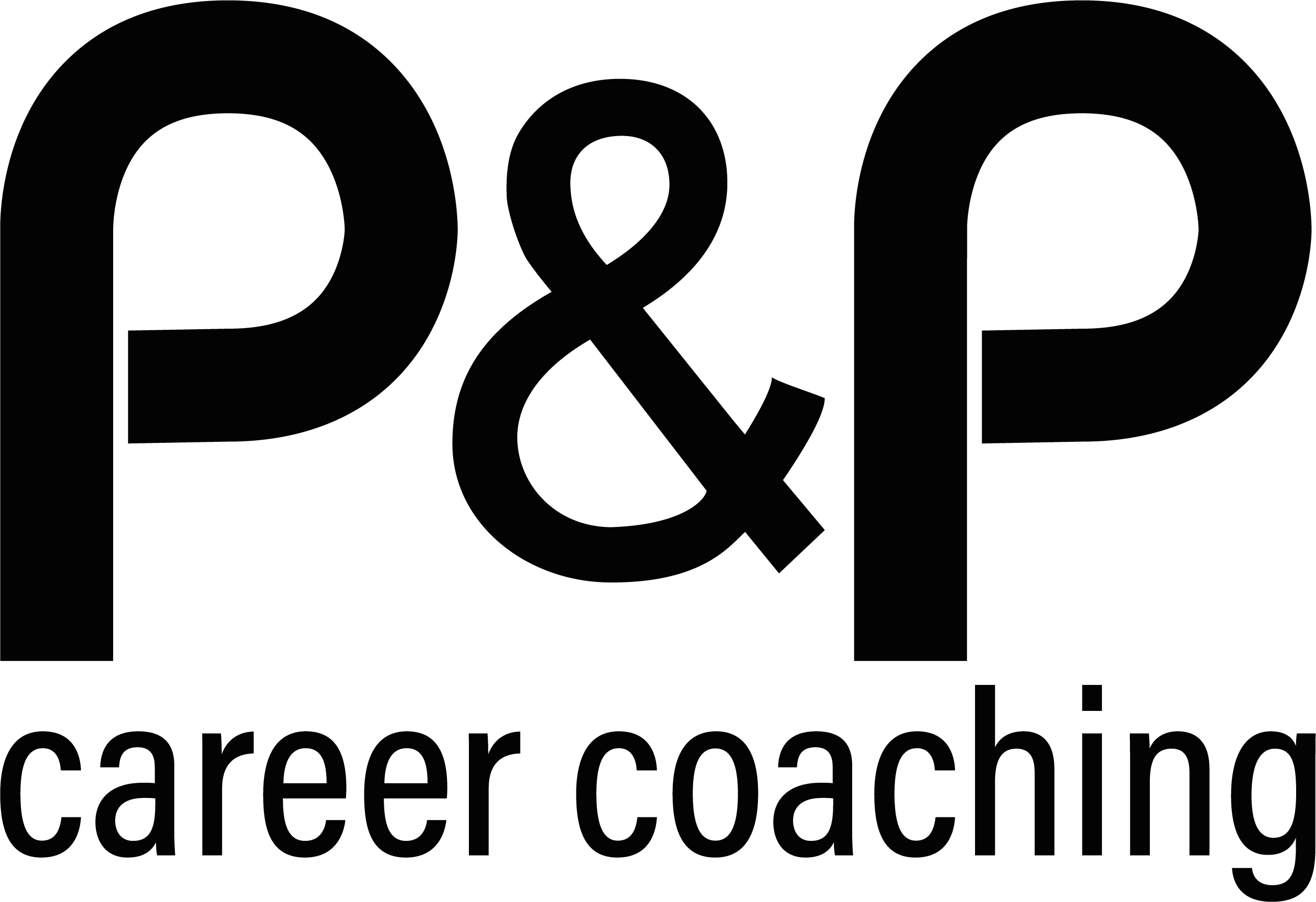Can working parents thrive in times of change?

Can working parents thrive in times of change? ‘Thriving in Times of Change’ was the theme of the International Coach Federation’s conference this week. The challenge I set myself for the day was to glean some tips from the experts around managing change (or should I say thriving in change) to bring back to share with all our working parents.
So here goes: the best 3 things I learnt that will help us all not just cope with change, but embrace it.
3 Things to Help Working Parents Thrive in Times of Change
1. ‘Care and dare’ – these 2 ‘levers’, presented by Susan Goldsworthy, who is an ex-Olympic medal winner and author, can help us manage ourselves, our team members, and our children through change. Firstly, you have to ensure that you remember to show care, understanding, empathy and support. As an individual going through change – let’s say your child is starting school – if they have this support to lean on they are much more likely to develop the confidence to get to the second lever – ‘dare’. This will enable them to take a risk and move out of their comfort zone – to let go of your hand at the school gates and face the challenge ahead.
What I like about this model is the reminder that in a working environment we may not always remember the caring part – which may be why some people are resistant to change
2. Getting out of your comfort zone. As human beings we are hard-wired for survival and for finding the easiest route to this using the least amount of brain-power. It’s all too easy for us to slip into the routine and stay there, revelling in our comfortable situation. However, my key reminder was that if you stay there for too long – it leads to stagnation. Ugh, horrible word! Susan Goldsworthy gave us all a simple and effective tool for us to challenge our comfort zones daily: if you are right-handed, for 5 days try and do everything with your left hand (and vice versa if you are left-handed). This simple test challenges and reawakens a part of your brain that can go unused in life in the comfort lane.
A returning parent from parental leave therefore has a fantastic opportunity! As any returner would tell you, returning to work is most certainly a huge push out of your comfort zone – so whilst it may feel terrifying at the time, you will grow as a professional and as a parent.
3. Are we in denial? I attended a very interesting session by Camilla Crichton-Stuart on coaching for recovery, which looked at coaching individuals who are recovering from an addiction. This could be a substance addiction, but it could also be a process addiction – for example work, exercise, eating. 75% of addicts are in employment, and known as ‘high functioning addicts’. To coach and support a recovery from addiction, one of first steps is to address the denial stage.
That got me thinking – how many of us working parents are in denial about something? Is it that we are in denial about how our lack of work/life balance is affecting our health and our family? Are we in denial about the long-term impact of working ‘below the radar’ as we struggle to get through the day-to-day? Only when we take a step back and openly admit that things aren’t going according to plan can we make improvements.
To what extent are we addicted to work? Many of us believe it’s the culture or the bosses or the workload or lack of headcount that force us into working long hours, but is this always the case? It could be that we are in denial and that much of the long hours is down to our own personal drivers of what makes professional success. To move out of the denial stage, we have to stop blaming external forces and take responsibility for what we can change ourselves. I observed an example of this when chatting to a friend who was tracking calories on an App in order to lose weight (think we’ve all been there!). By openly admitting what you are eating (even if it is only to a computer), you are being honest with yourself. This openness allows you to move out of the denial (I’m putting on weight) and into the recovery phase (I’m doing something about it).
Thank you to the UK ICF, Susan Goldsworthy and Camilla Crichton-Stuart for providing this inspiration through your enlightening presentations.
By Helen Letchfield
Co-founder of P&P Coaching
